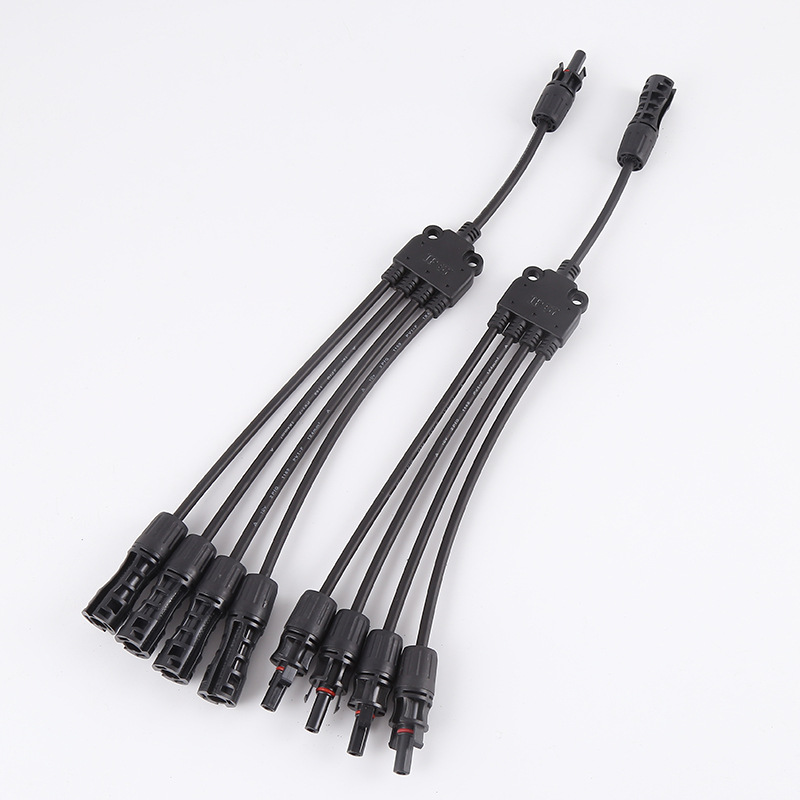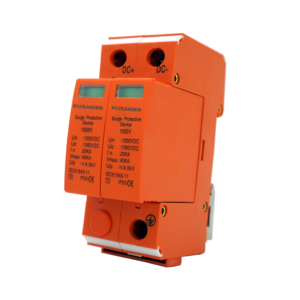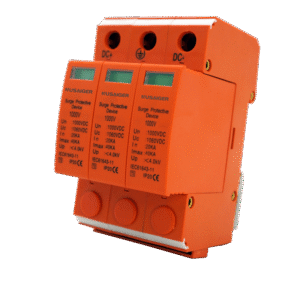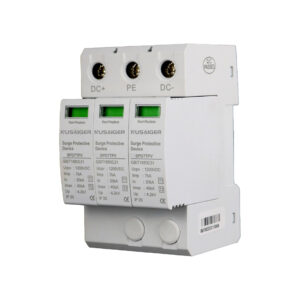MC4 vs Other Solar Connectors: Choosing the Right Photovoltaic Connection
Choosing the right connector for a photovoltaic (PV) system is essential to ensure safety, reliability, and efficiency. While MC4 connectors have become the industry standard, other types of connectors like MC3, Tyco, or Amphenol still exist. This guide provides a detailed comparison of MC4 connectors with other types to help you make an informed choice.
1. Overview of Common Solar Connectors
- MC4 Connectors: Single-contact connectors with locking mechanisms, waterproof (IP67), and compatible with most modern PV systems.
- MC3 Connectors: Older generation connectors with 3 mm pins, less durable, and no locking mechanism.
- Tyco Connectors: Used in certain OEM solar panels, offering secure connections but limited compatibility.
- Amphenol Connectors: Reliable alternative, often used in specialized or commercial PV installations.
2. Key Differences Between MC4 and Other Connectors
| Feature | MC4 | MC3 | Tyco | Amphenol |
|---|---|---|---|---|
| Pin Size | 4 mm | 3 mm | Varies | Varies |
| Locking Mechanism | Yes | No | Yes | Yes |
| Waterproof Rating | IP67 | IP44 | IP65–67 | IP65–67 |
| Compatibility | High | Low | Medium | Medium |
| Current Rating | 30–50 A | 20 A | 30–45 A | 30–50 A |
| Typical Usage | Residential & Commercial PV | Older PV installations | OEM panels | Commercial/Industrial PV |
3. Advantages of MC4 Connectors
- Universal compatibility with modern solar panels
- IP67 waterproofing ensures reliability outdoors
- Locking mechanism prevents accidental disconnection
- High current and voltage rating supports large PV arrays
- Widely available and supported by most inverter and cable manufacturers
4. Limitations of Other Connector Types
- MC3 connectors are outdated, less durable, and not recommended for new installations
- Tyco connectors may require specific brand compatibility
- Amphenol connectors are often more expensive and less standardized
- Older connectors lack proper sealing, increasing maintenance needs
5. Selection Tips for PV Installers
- Prioritize connectors with locking mechanisms for safety
- Verify IP rating to match outdoor environmental conditions
- Check compatibility with solar panel, inverter, and cable sizes
- Choose connectors with high current and voltage ratings to future-proof your system
- Consider availability and cost for maintenance and replacement
6. Real-World Applications
MC4 connectors are now standard in residential rooftops, commercial solar farms, and utility-scale installations. Other connectors are typically limited to legacy systems or specialized industrial applications. For example, a commercial solar farm replacing old MC3 panels with MC4 connectors can significantly reduce maintenance issues and improve energy yield.
7. Conclusion
While several PV connector types exist, MC4 connectors offer the best balance of safety, reliability, and compatibility. Understanding the differences between MC4 and other connectors helps installers choose the right component for each application, ensuring long-term system performance and minimal maintenance issues.



